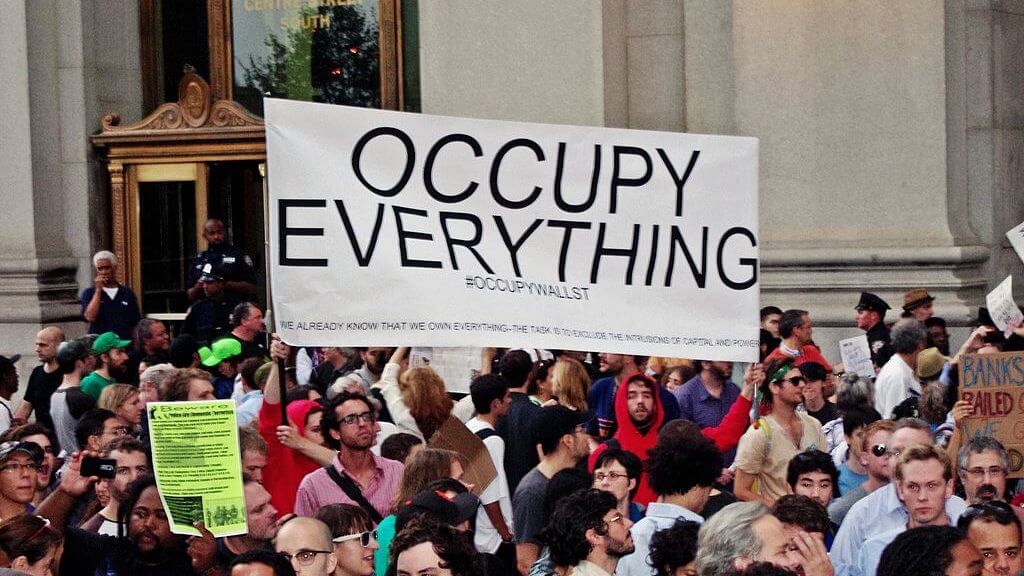
What follows is an edited transcript of my interview with Alex Salter about the economics of space. The first half deals primarily with the issue of space debris, while the second half deals with the possibility of private governance in space. There’s something in this episode for everyone to enjoy, so I hope you’ll listen, read, and share it with your friends.
Petersen: My guest today is Alex Salter of Texas Tech University. Alex, welcome to Economics Detective Radio.
Salter: Thanks very much for having me.
Petersen: Our topic today is the economics of space. Alex has written two papers on the subject. The first is entitled, “Space Debris: A Law and Economics Analysis of the Orbital Commons.” The second is, “Ordering the Cosmos: Private Law and Celestial Property Rights.”
So Alex, let’s start by talking about space debris. What is it and why does it matter?
Salter: So space debris is basically junk in space that no longer serves any useful purpose. So as you can imagine, since the first piece of space debris launched up in 1957—which was the rocket body from Sputnik I—a lot of orbits around the Earth, especially low Earth orbit, have become kind of cluttered with space junk. And the reason it gets cluttered is because no one has an incentive to clean it up. (more…)
Subscribe to Economics Detective Radio on iTunes, Android, or Stitcher.
The post Space Debris, Governance, and the Economics of Space with Alex Salter appeared first on The Economics Detective.
